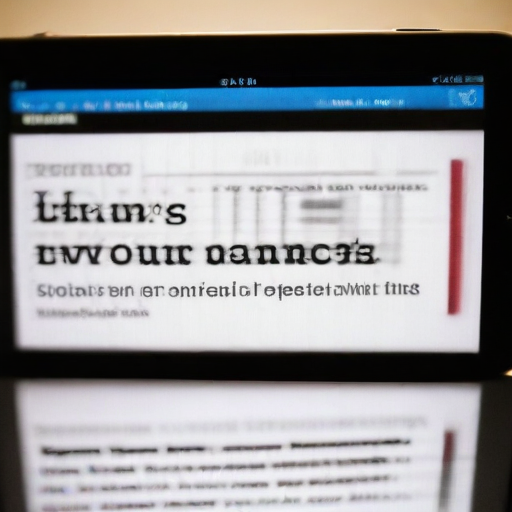Steven Cheung, the Trump campaign communications director known for his combative style, has been appointed as the new director of communications for the White House, as announced by the president-elect on Friday. Cheung, who previously served as a spokesperson for the Ultimate Fighting Championship (UFC), is expected to bring his dynamic approach to the role.
During his time on the campaign trail, Cheung made headlines for his outspoken remarks, referring to Vice President Kamala Harris as a “stone cold loser” and attributing criticism of Trump to what he termed “Trump Derangement Syndrome.” He did not shy away from controversy; for instance, he described long-time journalist Bob Woodward as being afflicted with a severe case of this syndrome, using these provocative comments to deflect backlash against the Trump administration.
In a particularly notable incident, Cheung responded to Trump’s controversial remarks regarding media safety with a defense that positioned the president’s comments as protective rather than threatening. He highlighted that Trump was merely advocating for the safety of reporters, suggesting a protective sentiment amidst the heightened tensions surrounding presidential media interactions.
Despite his striking rhetoric, Cheung has a reputation as a communications professional who maintains a pragmatic relationship with reporters, showcasing his ability to navigate the often contentious environment of political communications. Cheung’s background includes work in several mainstream Republican campaigns prior to aligning with Trump, and he has previously served in the White House during Trump’s first term.
In summary, Cheung’s appointment reflects Trump’s commitment to a bold communication strategy as he prepares for his next term. With a history of controversy but also a deep understanding of Republican messaging, Cheung may play a crucial role in shaping the administration’s public narrative moving forward.
This leadership change could bring a fresh yet contentious approach to White House communications, emphasizing a focus on direct engagement with key political narratives and possibly bridging gaps with the media through Cheung’s experience.
